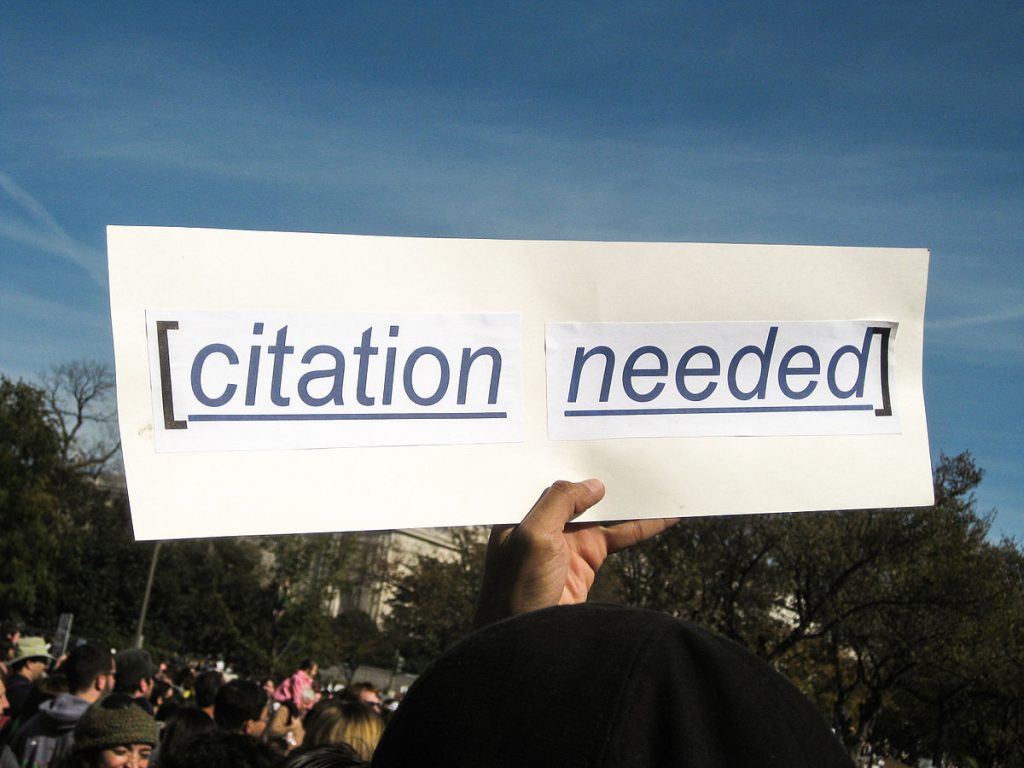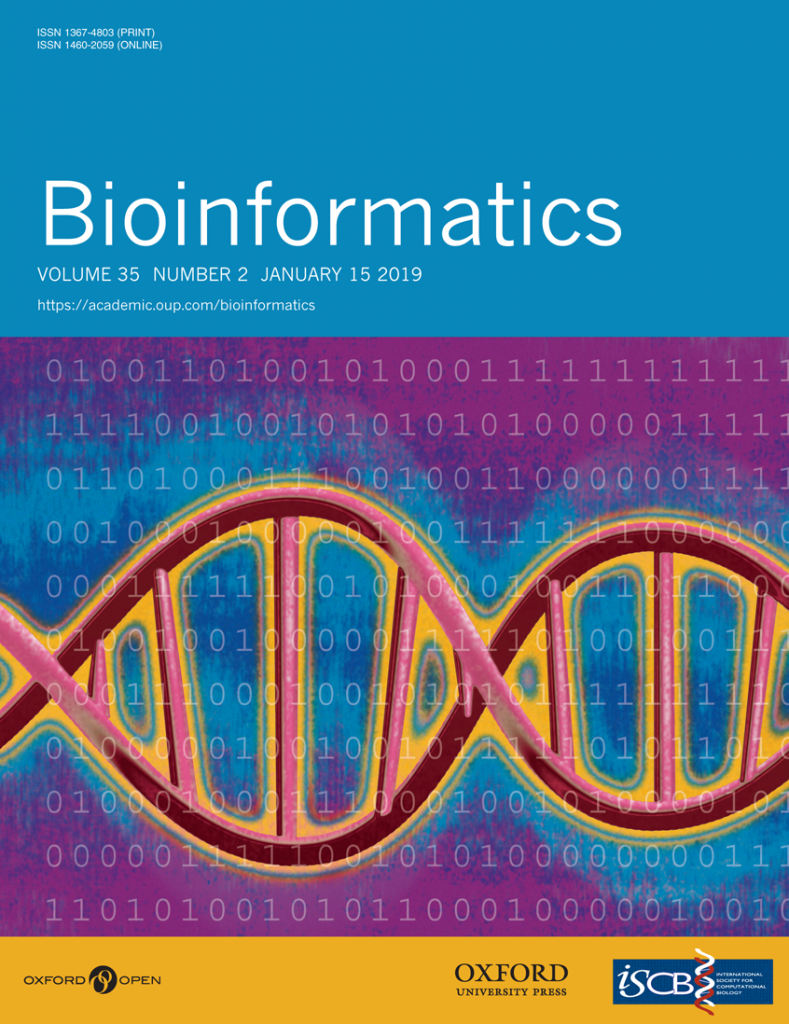Clarivate, the company behind the Impact Factor, a closely watched — and controversial — metric, is calling out more than 20 journals for unusual citation patterns.
The 21 journals — 10 of which were suppressed, meaning they will not receive an Impact Factor in 2020, and 11 of which received an expression of concern — are fewer than half of the nearly 50 that the company suppressed or subjected to an expression of concern last year from its Journal Citation Report (JCR). The suppressions, the company notes, represent .05% of the journals listed — a total that increased dramatically this year from about 12,000 to about 20,000.
Clarivate suppressed 10 journals for excessive self-citation which inflates the Impact Factor, or for “citation-stacking,” sometimes referred to as taking part in “citation cartels” or “citation rings:”
Continue reading Ten journals denied 2020 Impact Factors because of excessive self-citation or “citation stacking”





 A journal that retracted three papers earlier this year because of concerns that one of the authors had asked conference presenters to cite them has republished the articles, saying that it has “inconclusive evidence of improper behavior.”
A journal that retracted three papers earlier this year because of concerns that one of the authors had asked conference presenters to cite them has republished the articles, saying that it has “inconclusive evidence of improper behavior.”